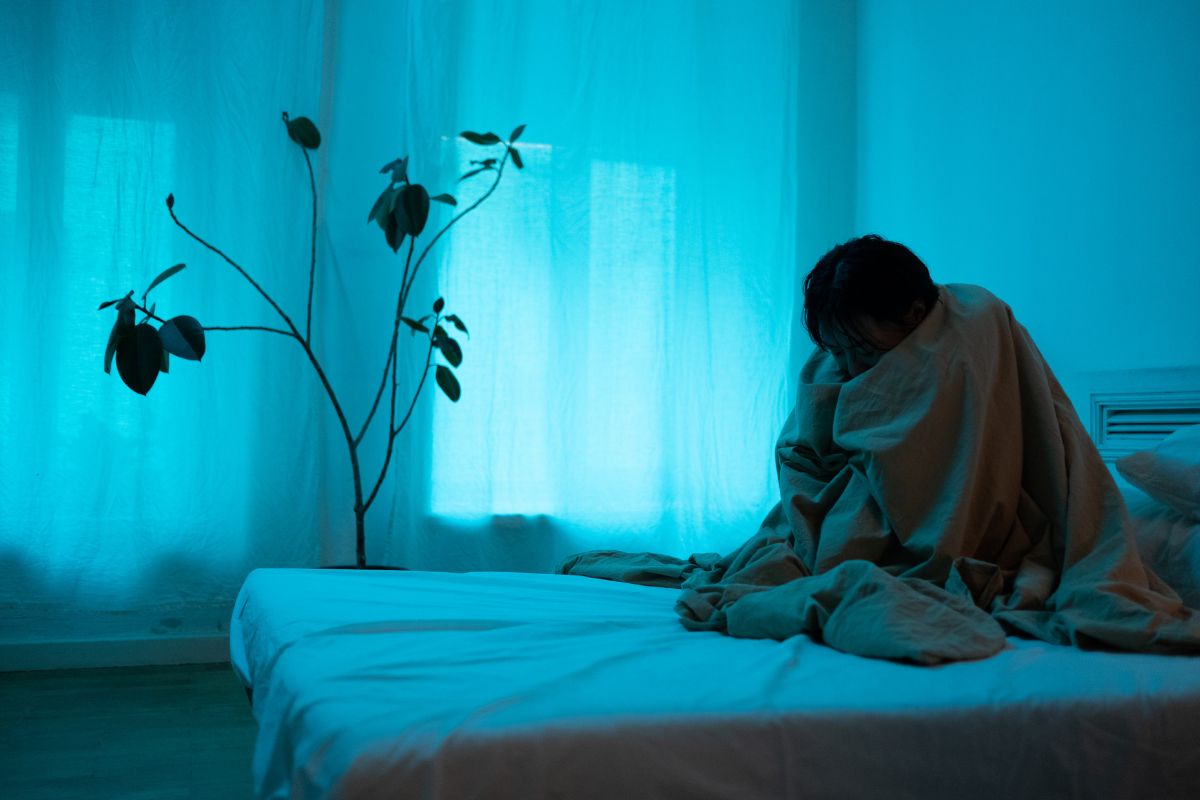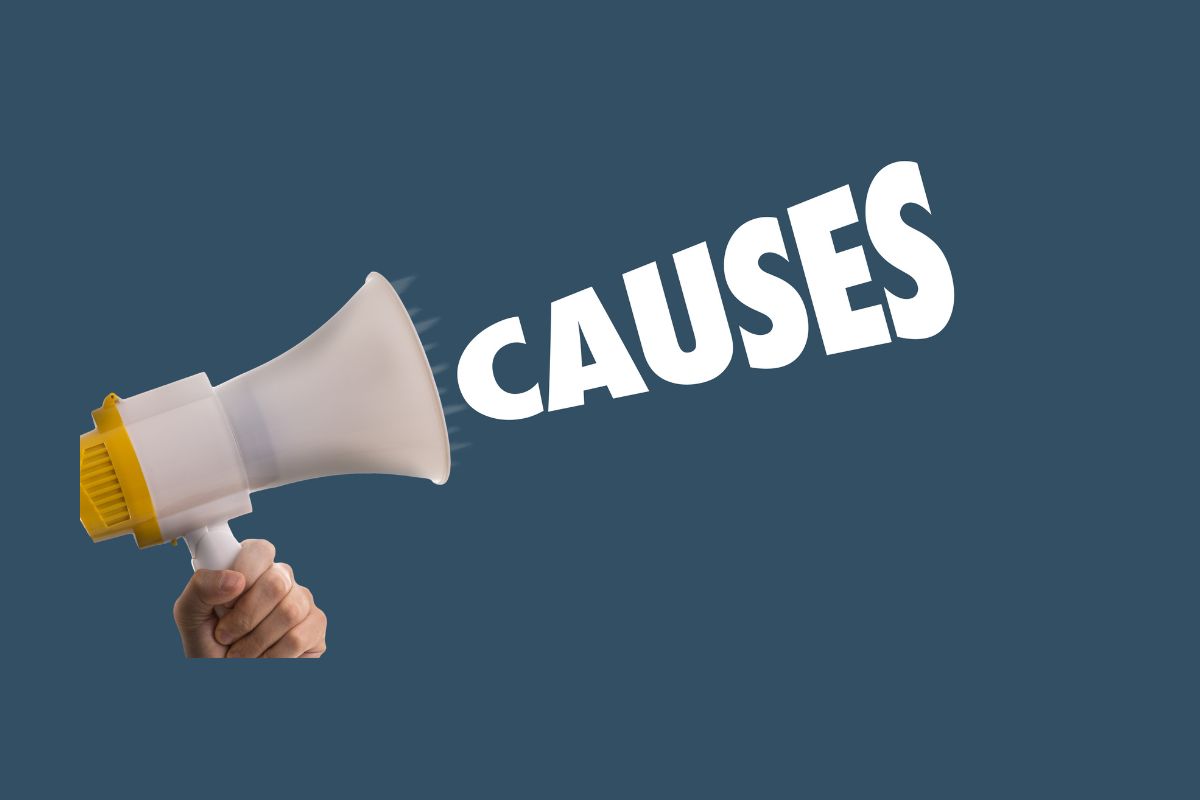Causes Of Depression
Ever ponder the root reasons for clinical depression? Perhaps a significant depression diagnosis has led you to wonder why some people experience depression while others do not.
The illness of depression is intricate. Although there are many potential causes, no one is certain of their actual cause. During a severe medical condition, some people experience depression. Others may experience depression when their lives change, such as when they move or lose a loved one. Still, others have a history of depression in their families. Individuals who do could suffer from depression and experience overwhelming melancholy and loneliness for no apparent reason.
How Do Biology And Depression Relate?
As compared to those who do not experience clinical depression, researchers have found changes in the brains of those individuals. For instance, some people with a history of depression tend to have a smaller hippocampus than others who have never had depression, a tiny region of the brain that is essential for memory storage. There are fewer serotonin receptors in a smaller hippocampus. One of the many neurotransmitters—brain chemicals that enable communication between circuits connecting the brain areas involved in processing emotions—is serotonin.
The hippocampus may be smaller in certain depressed individuals for unknown reasons. Researchers have discovered that sad persons create an excessive amount of the stress hormone cortisol. According to these researchers, cortisol has a harmful or “shrinking” effect on the hippocampus’ development. According to some scientists, sad people may just have a smaller hippocampus at birth and are hence predisposed to depression. It is likely that no single brain structure or pathway can fully explain clinical depression because there are numerous additional brain regions and connections between particular regions that are known to be related to depression.
Also Read:

There is little doubt that depression is a complex condition with numerous underlying causes. Antidepressants may have “neurotrophic effects,” which refer to their ability to sustain nerve cells, stop them from dying, and enable them to form stronger connections that can withstand biological stresses. This ability to do so is suggested by the most recent scans and studies of brain structure and function. Healthcare providers will be able to provide more “tailored” diagnoses and, as a result, more successful treatment regimens as scientists learn more about the causes of depression.
Can Some Medications Lead To Depression?
Some people may develop depression as a result of drug use. Barbiturates, benzodiazepines and the acne medicine isotretinoin (previously marketed under the names Accutane, Absorica, Amnesteem, Claravis, Myorisan, and Zenatane) have all been connected to depression occasionally, especially in older individuals. Similar to other drugs, mood shifts, and swings can occasionally be brought on by corticosteroids, opioids (codeine, morphine), and anticholinergics used to treat stomach cramps. Even beta-blockers, which are used to treat high blood pressure, have been connected to depression.
How Does Genetics Affect Depression Risk?
We are aware that depression occasionally runs in families. This shows that depression may have a hereditary component, at least in part. It is slightly more common for children, siblings, and parents of people with severe depression to experience depression than people in the general population. The many types of depression that run in families are likely caused by a combination of genes interacting in unique ways. Even yet, it is improbable that there is a single “depression” gene; rather, there are likely multiple genes that each have a minor effect on depression when they interact with the environment.
Are Depression and Chronic Pain Related?
Pain that lasts for several weeks to months is referred to as “chronic.” Chronic pain interferes with your ability to sleep, exercise, and be active, as well as your relationships and work productivity. Can you see how suffering from chronic pain could also make you feel down, alone, and depressed?
Depression and persistent pain are both treatable. You may control your pain, alleviate your sadness, and resume your life with the aid of a comprehensive program that combines medicine, psychotherapy, support groups, and other services.



Comments
Your blog consistently captures my attention from beginning to end. I simply stop reading without devouring every word you write.